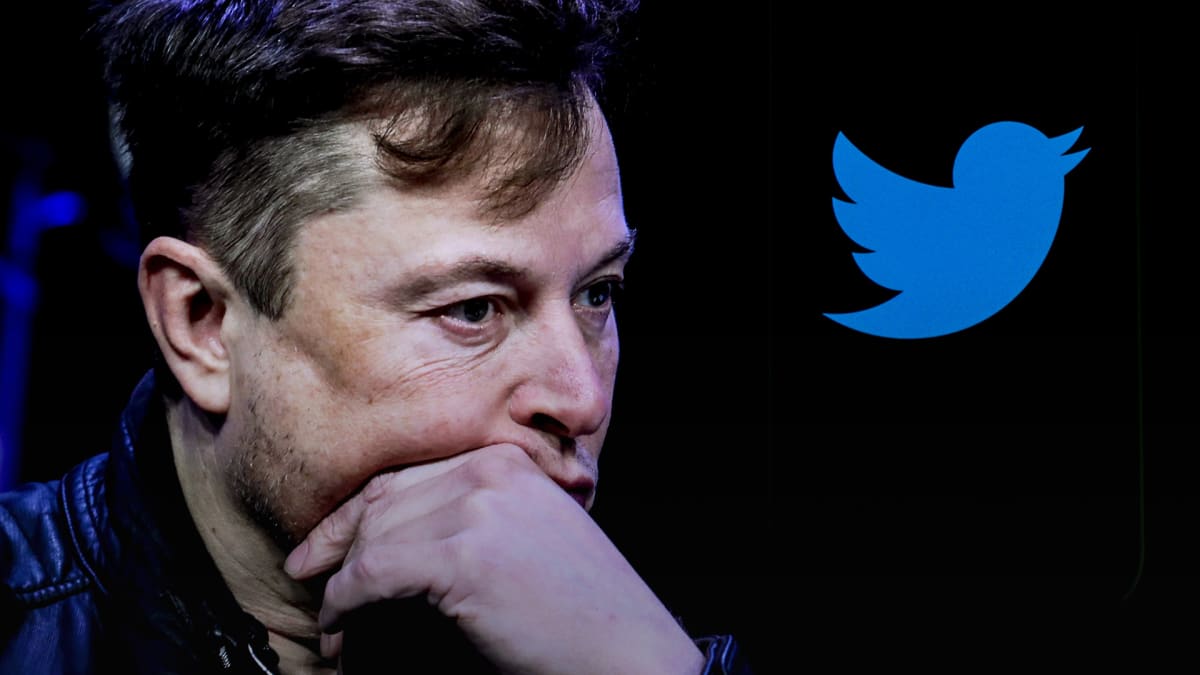
It is very rare for Elon Musk to be apologetic.
The CEO of Tesla (TSLA), SpaceX and Twitter rarely admits a mea culpa.
Admitting his mistakes is not part of his repertoire. In a recent example, Musk retweeted an article from the Santa Monica Observer, which attributed a violent attack on Paul Pelosi, the husband of House speaker Nancy Pelosi, to a conspiracy theory.
The Santa Monica Observer has been known for publishing false information on a number of occasions, including a story about Hillary Clinton passing away and her body double being sent to debate Donald Trump in one of the 2016 presidential debates.
Musk deleted the tweet but never publicly apologized.
He's sure of his influence and his power. The richest man in the world and boss of a multitude of companies never retreats even when he has made a mistake.
It is often the opposite. Musk likes to counter attack. He has followed this strategy since he took control of Twitter, the town square of our time.
Margin Loan
He hits hard against those he considers to be his enemies or adversaries: the Democrats, the woke culture supporters, the press, the giants of Silicon Valley. According to him, what these supposed enemies have in common is that they oppose free speech, of which he describes himself as an "absolutist" defender.
He also did not hesitate to mock the press coverage of his first actions as boss of Twitter. Musk is looking for new sources of revenue to make the platform profitable as soon as possible.
The problem he has now is that he went into debt to the tune of $13 billion to finance the acquisition of the platform. This was a margin loan, where he put up some of his Tesla shares as collateral.
The way a margin loan works is that, once the value of the collateral decreases vs. the borrowed amount, the borrower must provide additional collateral to make up for the difference.
'Avoid Using Margin Loans'
As it took six months to complete the purchase of Twitter, it is not easy to pinpoint when the loan was finalized between May, in the early days of the Twitter acquisition negotiations, and October, when the acquisition was completed. During this period, the Tesla shares traded above $200, reaching as high as $317.54 on May 4. What is certain is that, with the share price closing at $179.05 on Dec. 9, the collateral shares have lost approximately between 10% and 40% of their value, possibly requiring Musk to post additional collateral to make up for the value decrease.
According to Bloomberg News, his advisers are reportedly pressuring him to use his Tesla shares as collateral for new loans to replace Twitter debt. Musk's bankers are considering replacing some of the high-interest debt he layered on Twitter with new margin loans backed by Tesla stock that he would be personally responsible for re-paying. The discussions have so far focused on how to refinance $3 billion of unsecured debt on which Twitter pays an interest rate of 11.75%.
It is in this context that the tech mogul has just made a rare admission and expressed his regrets. Musk suggested that he should never have taken out a margin loan on his Tesla shares because, no matter what the group's long-term potential is, in an uncertain economic environment the stock's value is likely to go down in the short term.
"When there are macroeconomic risks, it is generally wise to avoid using margin loans on any company," the billionaire posted on Twitter on Dec. 8. "As stocks may move in ways that are decoupled from their long-term potential."
The tweet suggests that even companies with strong fundamentals like Tesla aren't immune in times of economic uncertainty, as is the case today. Investors tend to give in to fear and panic, which results in a widespread stock sell-off, no matter how strong the company is.
Musk therefore seems to advise against taking a margin loan during such periods. In doing so, he seems to be expressing his regret for doing it himself.







